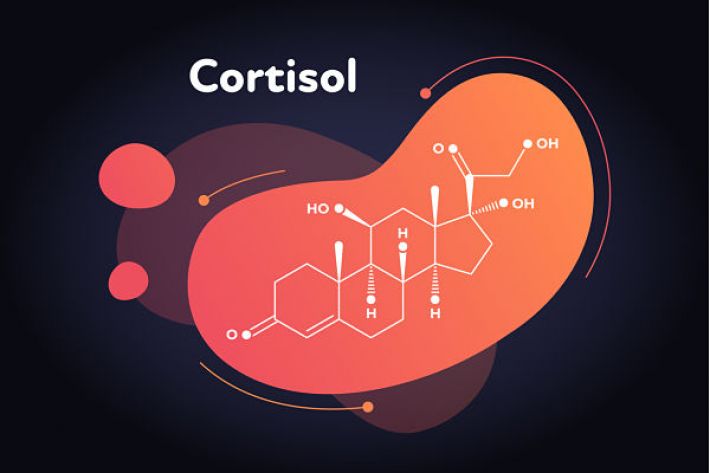 Financial risk-taking is a term that is thrown around quite often in the world of finance. But what does it really mean? Cortisol and testosterone are two hormones that have been shown to increase financial risk-taking, according to recent studies. Cortisol may increase financial risk by making people more sensitive to rewards and less sensitive to losses or punishments. Testosterone, on the other hand, has been found to make people more confident about their decisions when they take risks – essentially giving them an irrational sense of invincibility after they’ve taken a calculated gamble with potential long-term consequences. As these hormones are released into our body for various reasons (e.g., stress), they can lead us down the path towards increased volatility in markets which can have significant consequences for the rest of us.
Financial risk-taking is a term that is thrown around quite often in the world of finance. But what does it really mean? Cortisol and testosterone are two hormones that have been shown to increase financial risk-taking, according to recent studies. Cortisol may increase financial risk by making people more sensitive to rewards and less sensitive to losses or punishments. Testosterone, on the other hand, has been found to make people more confident about their decisions when they take risks – essentially giving them an irrational sense of invincibility after they’ve taken a calculated gamble with potential long-term consequences. As these hormones are released into our body for various reasons (e.g., stress), they can lead us down the path towards increased volatility in markets which can have significant consequences for the rest of us.
##Cortisol, testosterone increase financial risk-taking:
Cortisol and testosterone levels affect the way we take risks. Cortisol increases financial risk-taking while testosterone tends to decrease it. When cortisol is in excess, people are more likely to make risky decisions that may lead them into debt or bankruptcy. Men with high levels of both hormones were more apt to engage in reckless behavior than those who had low amounts of either hormone
When cortisol is high people make risky decisions that may lead them into debt or bankruptcy. Men with high levels of both chemicals increased their investment by 40%. Cortisone (cortisol) relative to his level of testosterone, the greater chance he will take big chances with money. Cortizone (cortisol) is released in response to any type of physical or emotional disturbance, while testosterone is secreted after intense moments such as winning a sports game.
Testosterone decreases financial risk-taking. Cortizone (cortisol) relative to his level of testosterone, the greater chance he will take big chances with money. Cortizone (cortisol) is released in response to any type of physical or emotional distress, whereas testosterone is secreted after intense moments like winning a sport’s game.
##The more stress we feel in our daily lives, the higher our level of cortisol and testosterone will be as well: (more…)

